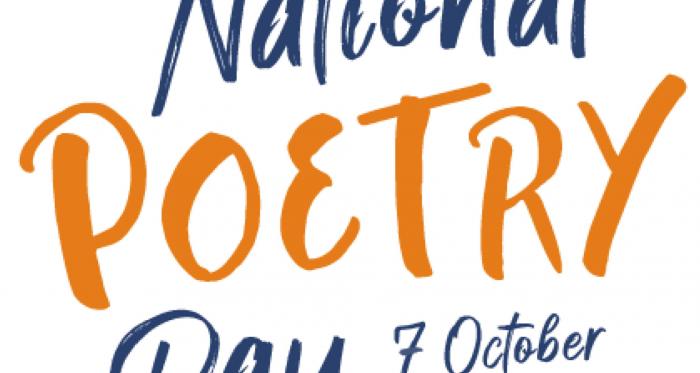
Eversfield’s Favourite Poems
Thursday 7th October marks National Poetry Day. This is a relatively recent tradition, launched in 1994, to celebrate all kinds of poems and poets. It has also become a tradition at this time of year for people to vote for their favourite poem, and I decided to borrow this idea to celebrate National Poetry Day at Eversfield.
Poetry regularly appears on the curriculum for all year groups, although only Form 2, who are writing seasonal poems, are scheduled to be studying it this week. As you can imagine, a considerable amount of skill and process is required for children to produce a worthwhile piece of poetry, so as an alternative I thought it would be helpful to ask the adults at Eversfield about their favourite poems. It is valuable for children to see grown ups as role models who also enjoy reading and sharing poetry, and I opened the invitation to everyone who works at Eversfield, not just teaching staff.
When the nation voted this year for a favourite poem, the number one poem was William Shakespeare’s ‘Shall I compare thee to a summer’s day?’ This is a very worthy winner but, surprisingly, it was not the choice of anyone here at Eversfield. Instead, we have gathered an eclectic range of poems, reflective of the diverse group of people who work in our school. The poems chosen ranged from nursery rhymes and funny rhymes through to nonsense verse such as ‘Jabberwocky’, classic poems like ‘If’ and ‘Ozymandias’, as well as reflective poems that people have found supportive at challenging times in their lives.
I confidently predicted that the most popular poem at Eversfield, particularly amongst staff of a certain age, would be ‘Sea Fever’ by John Masefield. Being of a certain age myself, I vividly remember having that poem read to me when I was at school. In fact, no-one chose that poem, and it didn’t even feature in the national poll. At Eversfield, our most chosen poem was ‘Dulce Et Decorum Est’ by Wilfred Owen. This poem from World War One is certainly not a comfortable read, but it is full of immensely striking imagery, and it possibly the best depiction of conditions in the trenches ever written.
The children have also been encouraged to tell us about their favourite poems, and I have been pleased to see poetry books coming into school all week. There is still time for children to choose a poem, and I know that the teachers would be delighted to share the poems with their classes.